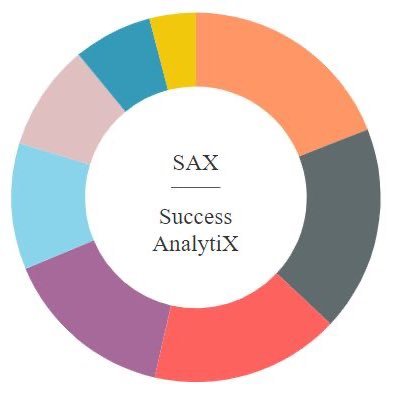Research Methodology
The research methodology outlines the overall approach used to conduct a research study. It involves a systematic plan for collecting, analyzing, and interpreting data. The choice of methodology depends on the research question, the nature of the data to be collected, and the desired level of rigor and depth.
Study Design
The study design is the specific framework or plan used to carry out the research. It involves decisions about the research question, research hypothesis, sample size, data collection methods, and data analysis techniques. Common study designs include:
- Experimental Design: Involves manipulating an independent variable to observe its effect on a dependent variable.
- Quasi-Experimental Design: Similar to experimental design but lacks random assignment of participants to groups.
- Correlational Design: Examines the relationship between two or more variables.
- Case Study Design: Involves an in-depth investigation of a specific case or phenomenon.
- Survey Design: Collects data from a sample of individuals through questionnaires or interviews.
Literature Review
A literature review is a comprehensive examination of existing research on a particular topic. It helps to identify gaps in the knowledge, formulate research questions, and provide a theoretical framework for the study. The review should critically analyze the relevant literature, synthesize findings, and identify key themes and trends.
Qualitative and Quantitative Data Collection
Qualitative Data Collection Qualitative research focuses on understanding the meaning and interpretation of social phenomena. Common methods of qualitative data collection include:
- Interviews: In-depth conversations with participants to gather information about their experiences, beliefs, and attitudes.
- Focus Groups: Group discussions facilitated by a moderator to explore a specific topic.
- Observations: Observing participants in their natural settings to gain insights into their behavior.
- Document Analysis: Analyzing written documents, such as letters, diaries, or reports, to extract information.
Quantitative Data Collection Quantitative research focuses on numerical data and statistical analysis. Common methods of quantitative data collection include:
- Surveys: Collecting data from a large sample of respondents using questionnaires.
- Experiments: Manipulating variables to observe their effects on a dependent variable.
- Archival Research: Analyzing existing data, such as government records or historical documents.
The choice between qualitative and quantitative research depends on the research question and the desired level of depth and breadth of the investigation. Often, a mixed-methods approach, combining both qualitative and quantitative methods, can provide a more comprehensive understanding of the research topic.
Must Read
By Jerry Ramonyai



No comments:
Post a Comment